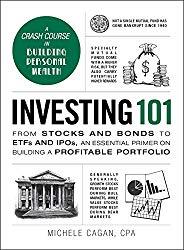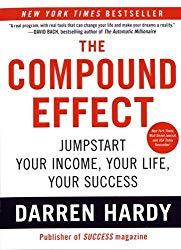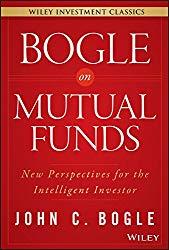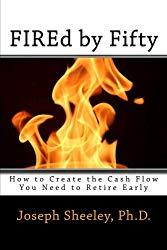 Ask SmallIvy
Ask SmallIvy
Dear SmallIvy,
I’m brand new to investing and would like to start somewhere. I’d like to invest about 2,000-3,000 any advice?
Thanks,
Jamie
(Note, this site contains affiliate links. When you click on an affiliate link and buy something, The Small Investor will get a small commission for the referral. You are charged nothing extra for the purchase. This helps keep The Small Investor going and free. I don’t recommend any products I do not fully support. If you would like to help but don’t see anything you need, feel free to visit Amazon through this link and buy whatever you wish. The Small Investor will get a small commission when you do, again at no cost to you.)
Hi Jamie,
Welcome to the world of investing! The first thing to understand is that learning to invest is a process. It takes both reading and doing. At some points you will lose some money, but you need to use those losses as learning experiences to improve so that you don’t make the same mistakes again. The point is to keep investing since putting money in consistently is the way you build up a big portfolio and succeed.
As far as the reading goes, if you want to invest in individual stocks, I highly recommend the books I’ve listed in Recommended Books on Investing on The Small Investor. I have read and studied each of these books and they all cover important information that you’ll want to know to be successful. You might decide to just stick to mutual funds instead, which is easier and, for many people, provides a better return. If this is the case, I would check out a copy of The Bogleheads’ Guide to Investing. This is also how you should invest for retirement and when it really, really matters.
and buy whatever you wish. The Small Investor will get a small commission when you do, again at no cost to you.)
Hi Jamie,
Welcome to the world of investing! The first thing to understand is that learning to invest is a process. It takes both reading and doing. At some points you will lose some money, but you need to use those losses as learning experiences to improve so that you don’t make the same mistakes again. The point is to keep investing since putting money in consistently is the way you build up a big portfolio and succeed.
As far as the reading goes, if you want to invest in individual stocks, I highly recommend the books I’ve listed in Recommended Books on Investing on The Small Investor. I have read and studied each of these books and they all cover important information that you’ll want to know to be successful. You might decide to just stick to mutual funds instead, which is easier and, for many people, provides a better return. If this is the case, I would check out a copy of The Bogleheads’ Guide to Investing. This is also how you should invest for retirement and when it really, really matters.
Find Books on Investing from Amazon
If you want to learn how I pick stocks, you can check out the sections on “Serious Investing” in my first book, The SmallIvy Book of Investing, or you can read posts from my site such as these: How to Start Investing in Single-Stocks, Get Serious about Your Investing, https://smallivy.com/2018/06/09/finding-stocks-for-long-term-growth/.
Learn how to use mutual funds from the founder of Vanguard:
You can also see my current watch list in this post: The SmallIvy Watch List, which shows stocks I actually own. You can also follow me on Twitter and I’ll usually let people know in a post when I’m taking up a position in a company. Understand, however, that there is no guarantee of success in any stock I pick. I pick dogs from time to time and end up taking losses. The secret is to build up a portfolio of stocks, some of which fail, but others of which go on to do very well, resulting in a net gain. The second secret is to invest long-term, which means you don’t need to be right about which stocks will do well soon (which is impossible to do). Just which companies will grow and be successful over the next decade or two.
Regards,
SmallIvy
Have a burning investing question you’d like answered? Please send to [email protected] or leave in a comment.
Follow on Twitter to get news about new articles. @SmallIvy_SI
If you enjoy The Small Investor and want to support the cause, or you just want to learn how to become financially independent, please consider picking up a copy of my new book, FIREd by Fifty: How to Create the Cash Flow You Need to Retire Early
This is the instruction manual on how to become financially independent.
FIREd by Fifty: How to Create the Cash Flow You Need to Retire Early
Disclaimer: This blog is not meant to give financial planning or tax advice. It gives general information on investment strategy, picking stocks, and generally managing money to build wealth. It is not a solicitation to buy or sell stocks or any security. Financial planning advice should be sought from a certified financial planner, which the author is not. Tax advice should be sought from a CPA. All investments involve risk and the reader as urged to consider risks carefully and seek the advice of experts if needed before investing.
 Ask SmallIvy
Ask SmallIvy




